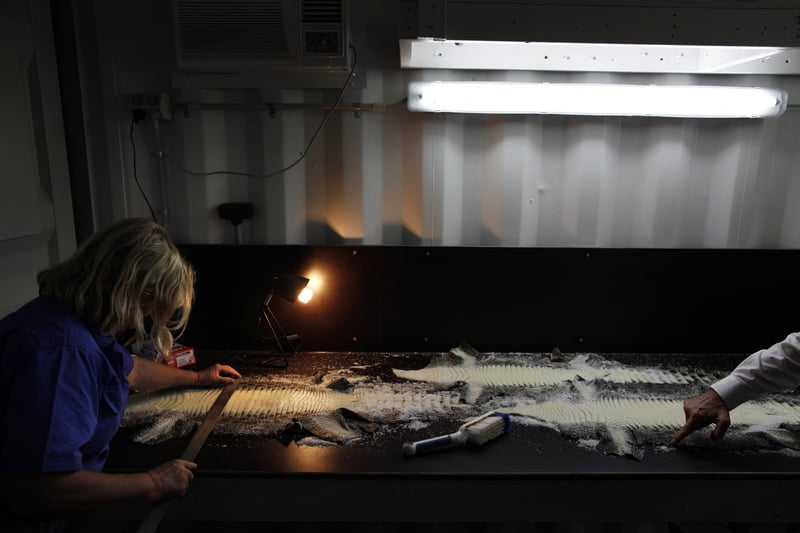
The slaughter of Australian saltwater crocodiles
News
When we consider all the ways in which humans mistreat wild animals, farming and slaughtering Australian saltwater crocodiles to make luxury French handbags is among the cruellest and most grotesque. Three to four of these sentient animals need to die for a single handbag, that can cost as much as a house deposit.
Image thanks to Dean Sewell
Shamefully, Australia is responsible for 60% of the global trade in saltwater crocodile skins. We farm thousands of them a year in facilities owned mostly by French luxury fashion brands Hermés and Louis Vuitton. Right now, Hermés is constructing a massive new crocodile farm in the Northern Territory that will see up to 50,000 more crocodiles suffer and die.
So, let’s address the crocodile in the room: crocs are not cute. Not charismatic. Not cuddly. But that doesn’t mean they don’t deserve to be protected. They are sentient animals who deserve a natural life.
In the wild, crocodiles live for up to 70 years. They build nests, look after their young and play. On a crocodile farm, they live for a total of two to three years in appalling, unnatural conditions before a brutal death.
In recently aired whistleblower footage on The Project, crocodiles can be seen being electrocuted, before being removed from their concrete pens. A bolt gun is then shot through their head, the back of the neck is cut to sever the spinal cord, and a steel rod is jammed repeatedly into the wound to destroy the brain.
What happens on these farms is governed by the current national Code of Practice, which is as outdated as the idea that wild animals should be made into expensive handbags.
The Code was adopted in 2009 and is based on old studies and reports from an era when the sentience of all living creatures wasn’t fully understood and acknowledged. Covid-19 is believed to be the latest in a long line of diseases that jumped from wild animals to humans, made possible by our destructive and exploitative relationship with the natural world and its creatures. If we continue down this path, new pandemics are not just likely, they are inevitable.
Australia should lead by example - phase out crocodile farming and send a message to the global community that wild animals belong in the wild, not slung over the shoulders of the wealthy 1%.
As many brands move away from exotic skins, it won’t be long before we look back in disbelief that anyone thought it was desirable to own these products.
But right now, Hermés and Louis Vuitton continue to subject thousands of Australian saltwater crocodiles to a short life and brutal death. In doing so, they not only engage in acute animal cruelty, but contribute to an outdated belief system about wild animals that endangers us all.
Hermés and Louis Vuitton continue to subject thousands of Australian saltwater crocodiles to a short life and brutal death. In doing so, they not only engage in acute animal cruelty, but contribute to an outdated belief system about wild animals that endangers us all.